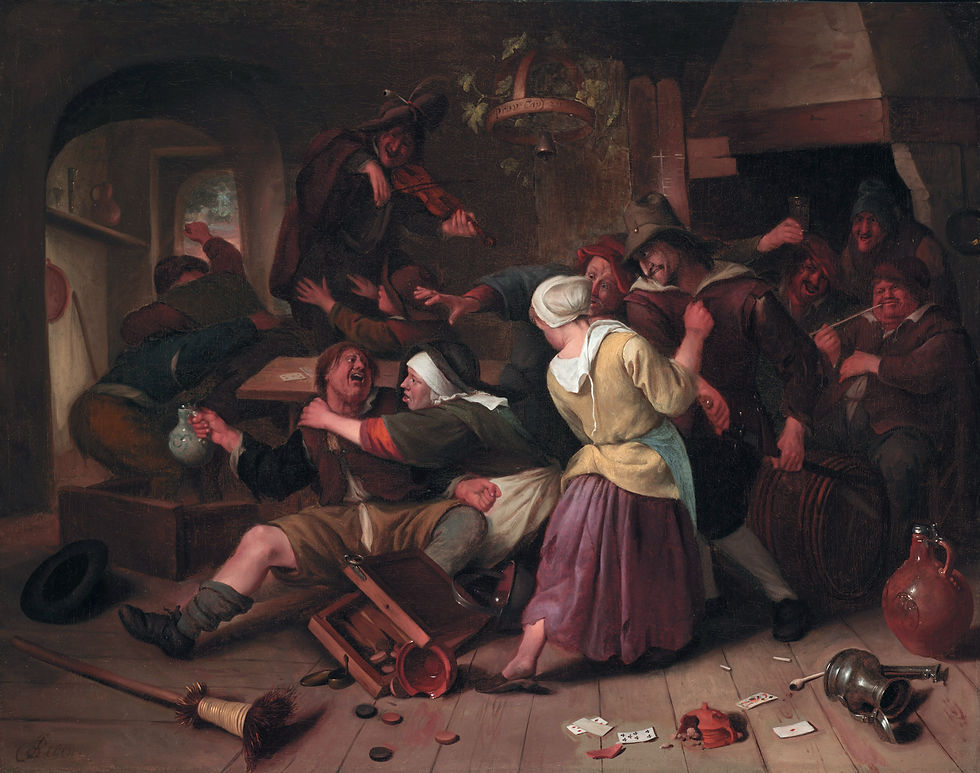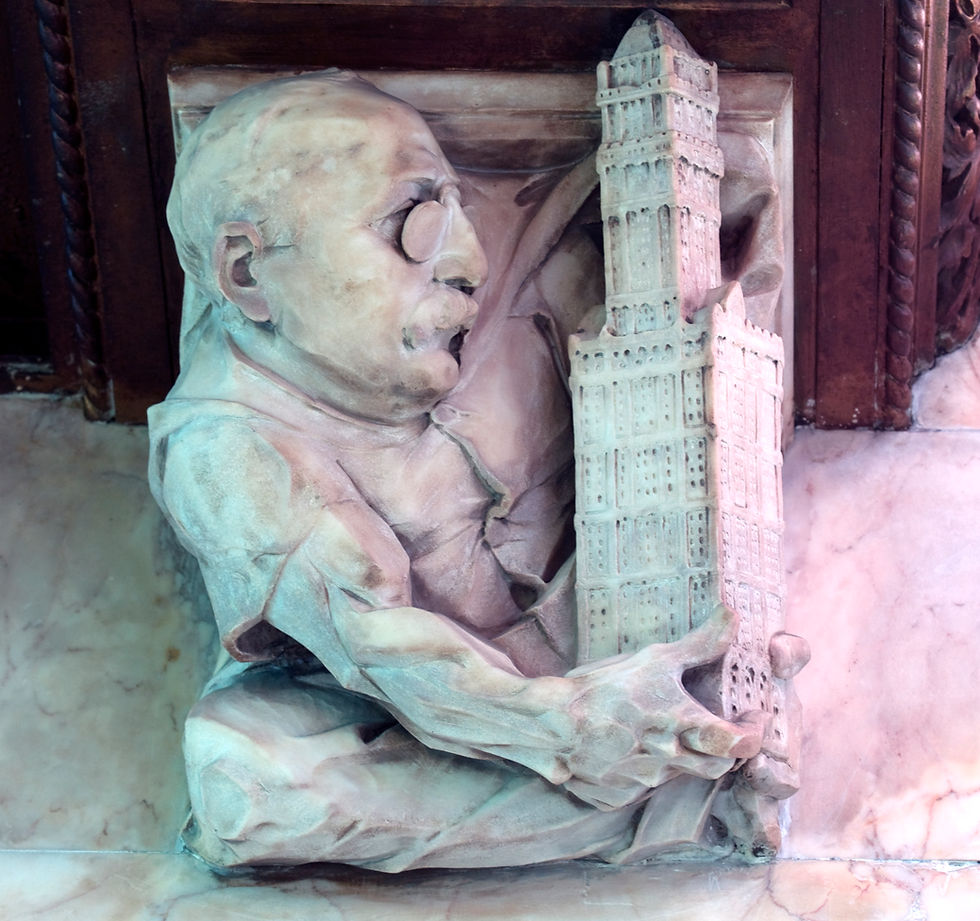Article: The Quarrelling Paradox Revisited: A General Framework for a Class of Quarrels and Sabotage
- Nov 23, 2025
- 1 min read
Updated: Dec 11, 2025

Arash Abizadeh and Adrian Vetta. “The Quarrelling Paradox Revisited: A General Framework for a Class of Quarrels and Sabotage.” Journal of Theoretical Politics, forthcoming.
Abstract: If a measure of voting power assigns players greater voting power because they no longer effectively cooperate, then it displays the quarrelling paradox and violates the quarrel postulate. However, we prove that certain types of quarrel increase some quarrellers' voting power on any proposed measure. On the one hand, such quarrels are politically significant because they incentivize players to strategically join coalitions in order to sabotage them from within; on the other, a postulate based on them cannot provide a reasonable normative criterion for evaluating measures of voting power. We therefore formalize a general framework of quarrels -- comprising twelve conceptions distinguished according to symmetry, reciprocality, and strength --
and provide criteria for whether a conception provides a suitable basis for a reasonable quarrel postulate. Although the two existing conceptions, proposed by Felsenthal and Machover and by Laruelle and Valenciano, do not, our framework's symmetric, weak conception does.
Keywords: voting power; quarrelling paradox; sabotage; Penrose-Banzhaf; Shapley-Shubik



Comments